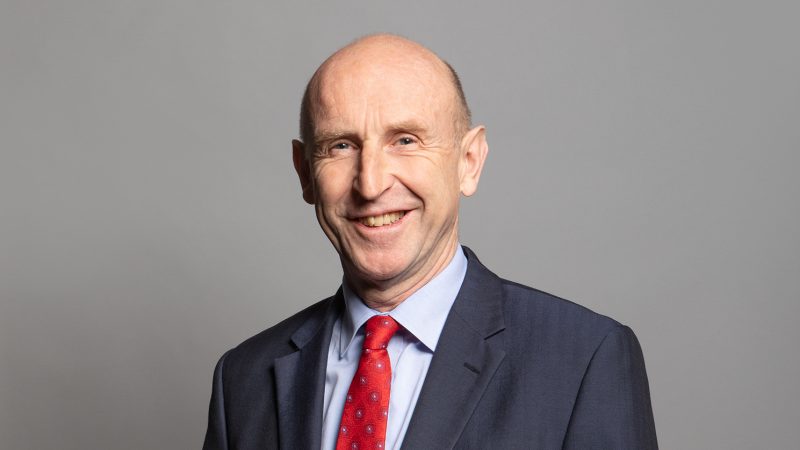
On Armed Forces Day tomorrow, we will rightly celebrate the national pride we have in our military personnel – full time and reservist. They are respected worldwide for their professionalism and all-round excellence. And they represent the values British people admire most – courage, integrity, discipline and service. But as ministers rightly talk up our armed forces this weekend, they must also account for their record of running down British forces for a decade. Almost every government target for full-time military personnel has been missed.
Ministers are failing to meet their pledge to make the British Armed Forces “diverse and fully representative of UK society”. Despite a recent rise in recruitment, less than 9% of armed forces and only 10 of 303 senior Ministry of Defence officials are BAME personnel, while new MoD figures yesterday show ministers are missing their target to recruit 15% women each year.
More important still, in 2015 ministers pledged that the strength of the British Army would not fall below 82,000 – but numbers are down to 73,750. And they promised “to increase the Royal Nay and Royal Air Force by a total of 700 personnel” – but have instead cut the number by 1,970. Since 2010, the Conservatives have overseen the strength of British Forces drop by a quarter, with 40,000 fewer full-time troops now than ten years ago.
Ministers are paying too little concern to what matters most to military chiefs and to Britain’s capacity to maintain our world-class fighting force. As former chief of the defence staff general Sir Nicholas Houghton said: “We have to ensure that there is a balanced investment in our people as well as our equipment. I would argue most strongly that it is our people that give the UK’s Armed Forces our qualitative edge.” In the 2015 defence review, ministers devoted just one and a half pages in the 89-page report to personnel.
We have seen this most recently in the Covid crisis, as the military reinforced our frontline services to build hospitals, distribute vital equipment, run testing sites and plan behind the scenes. Yet not once during the three months of this pandemic period has the Defence Secretary taken to the Commons despatch box or Downing Street press conference podium to promote the role of the armed forces, which the public has been so pleased to see.
With three Prime Ministers and six Defence Secretaries, the pattern during ten Tory years in government since 2010 is clear. Forces numbers are down, and our military has never been smaller since Britain fought Napoleon 200 years ago. Forces pay is down, and an army private would be on £1,979 more a year if troop salaries had just kept up with inflation. Forces morale is down, and satisfaction in service has fallen by 15% with one-in-four military personnel now saying that they plan to quit before the end of their contract.
It is time to end this decade of decline. And I want to see ministers act on three fronts. First, give military personnel the priority they deserve with a full chapter in the government’s integrated defence and security review later this year – just as Labour in government did in 1998. Second, overhaul the country’s covenant with serving forces to make good the failings of the last decade. Third, speak up more strongly in public to support the very special service the men and women in our armed forces give to this country. And not just on Armed Forces Day.




More from LabourList
Government announce SEND reform in schools white paper
SPONSORED: ‘Industrial hemp and the challenge of turning Labour’s priorities into practice’
‘A day is a long time in politics, so we need ‘action this day’’